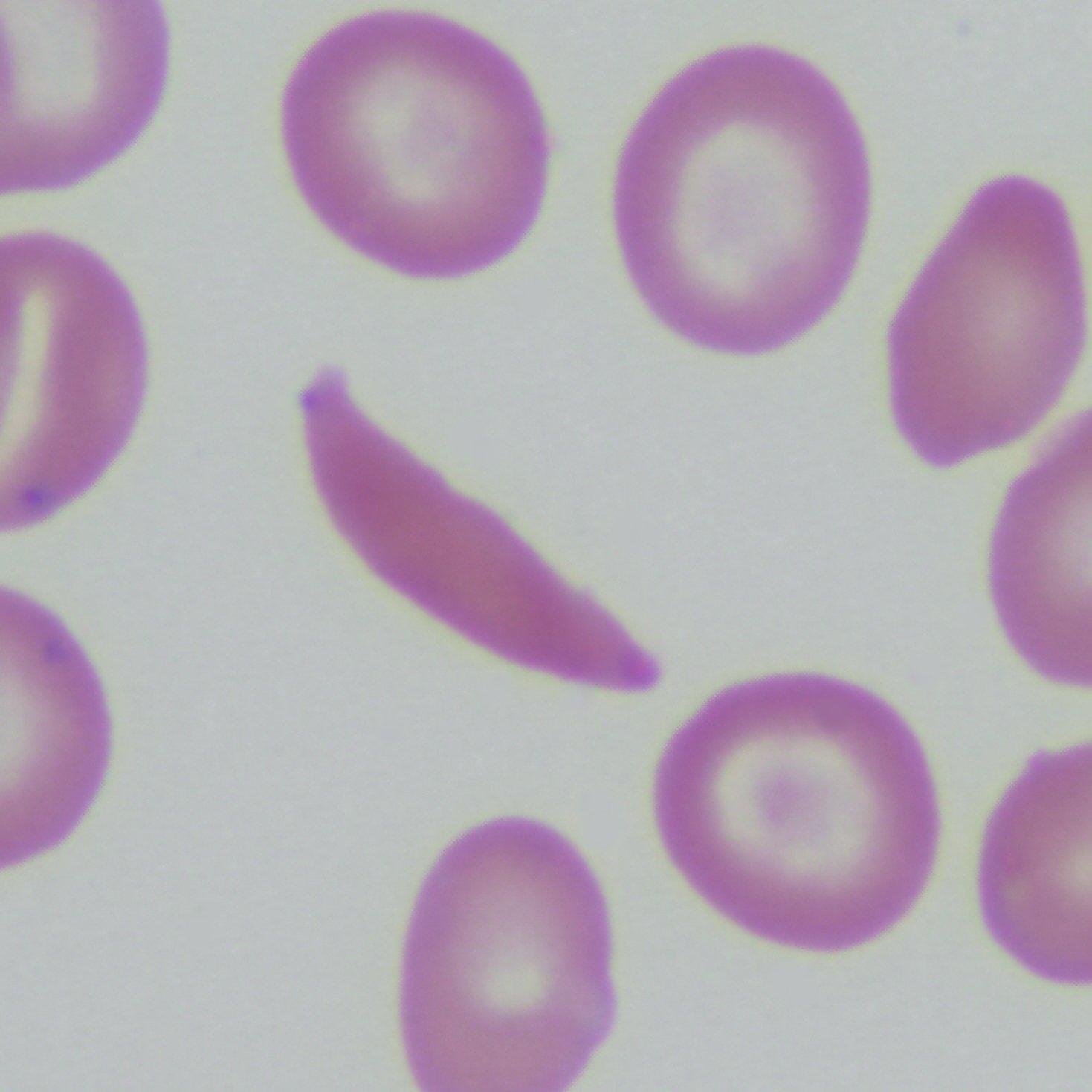
G protein-coupled receptor kinase 2 and beta arrestins as therapeutic targets and diagnostic tools for hemoglobinopathies
Value Proposition
Sickle cell disease affects millions of people throughout the world. Patients with sickle cell disease often experience episodes of acute pain that are caused by vaso-occlusive crisis. It is the leading cause of a frequent reason for emergency department visits and hospitalization of affected patients. Accordingly, there is an urgent need for innovative therapies to treat and prevent vaso-occlusion in patients with sickle cell disease
Technology
Researchers at Duke have conceived a novel therapy for treating or preventing painful vaso-occlusive crises associated with organ damage in patients with sickle cell disease. Beta-arrestins and G protein-coupled receptor kinase 2 are activated in sickle red cells but not in normal red cells. These kinases are involved in adhesion of sickle red blood cells and can promote vasooclusion. Thereby, beta-arrestins and G protein-coupled receptor kinase 2 represent potential therapeutic targets in hemoglobinopathies.